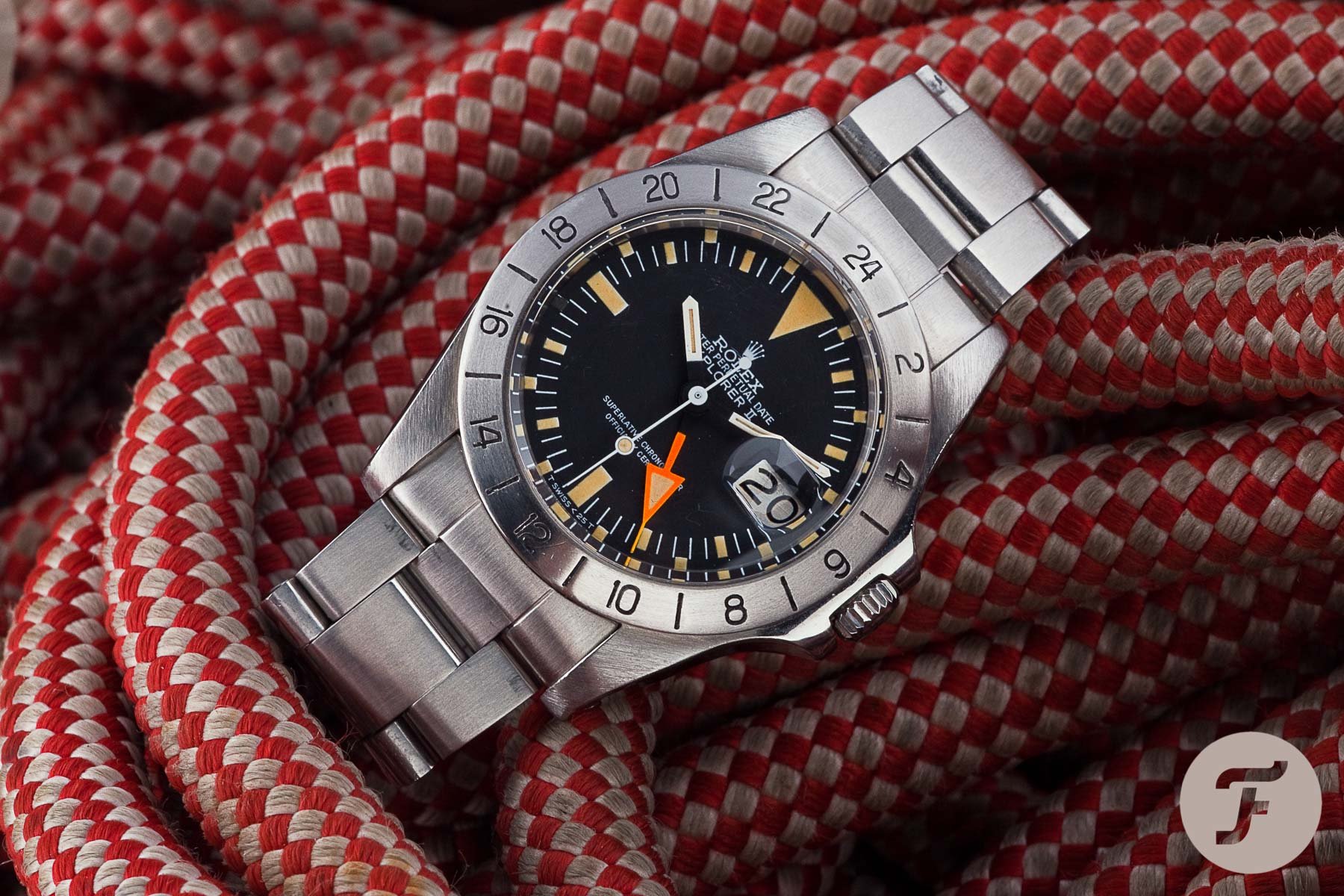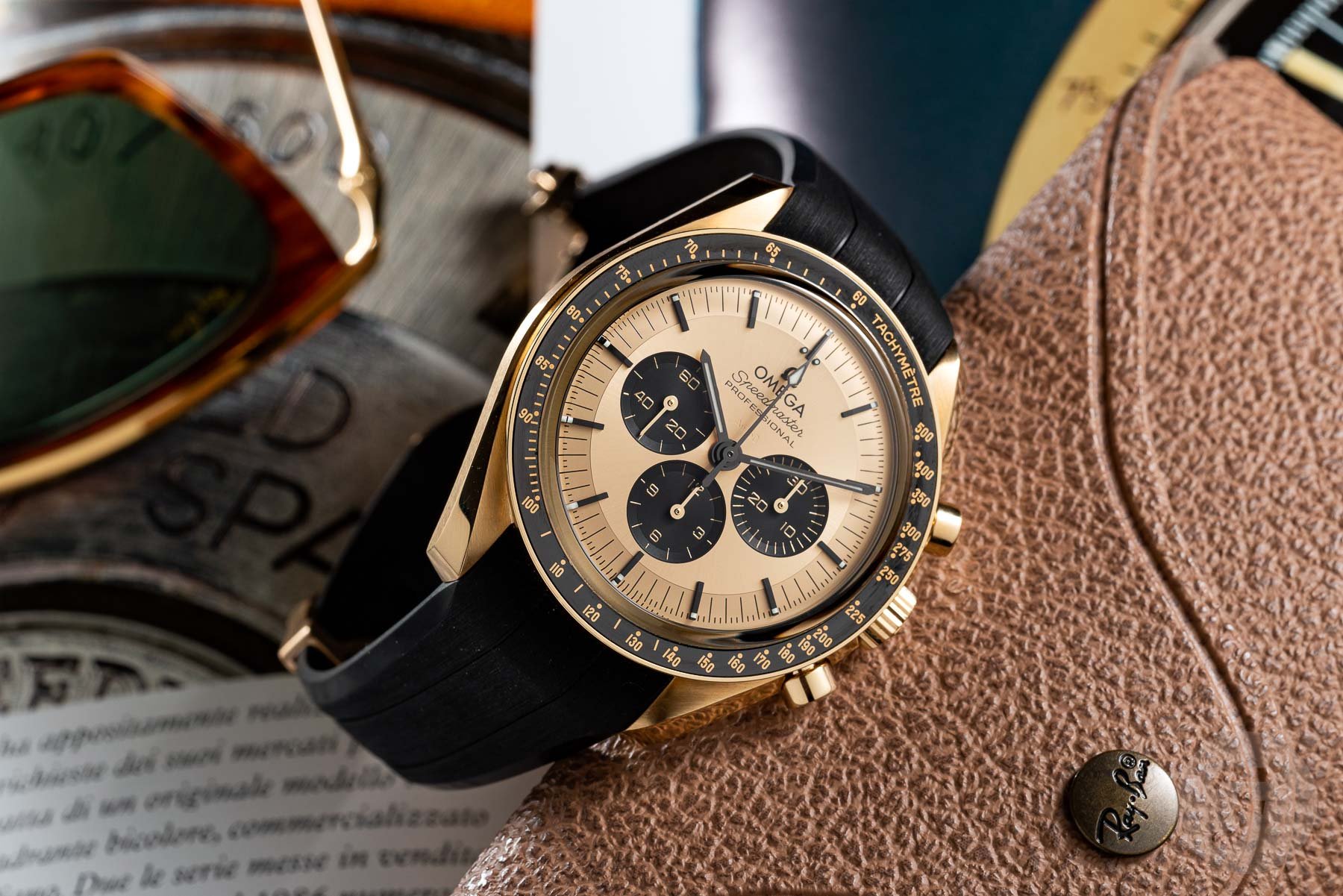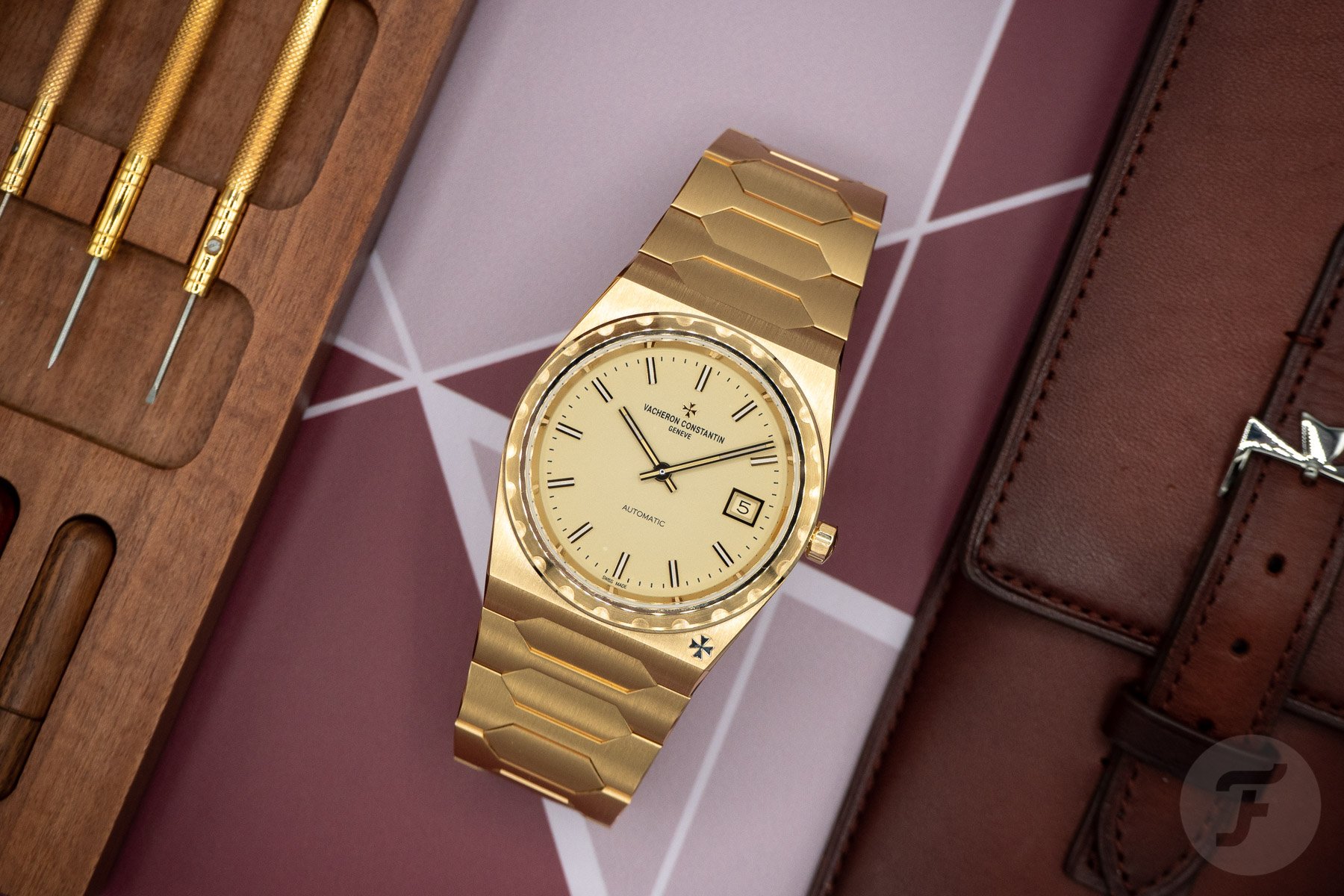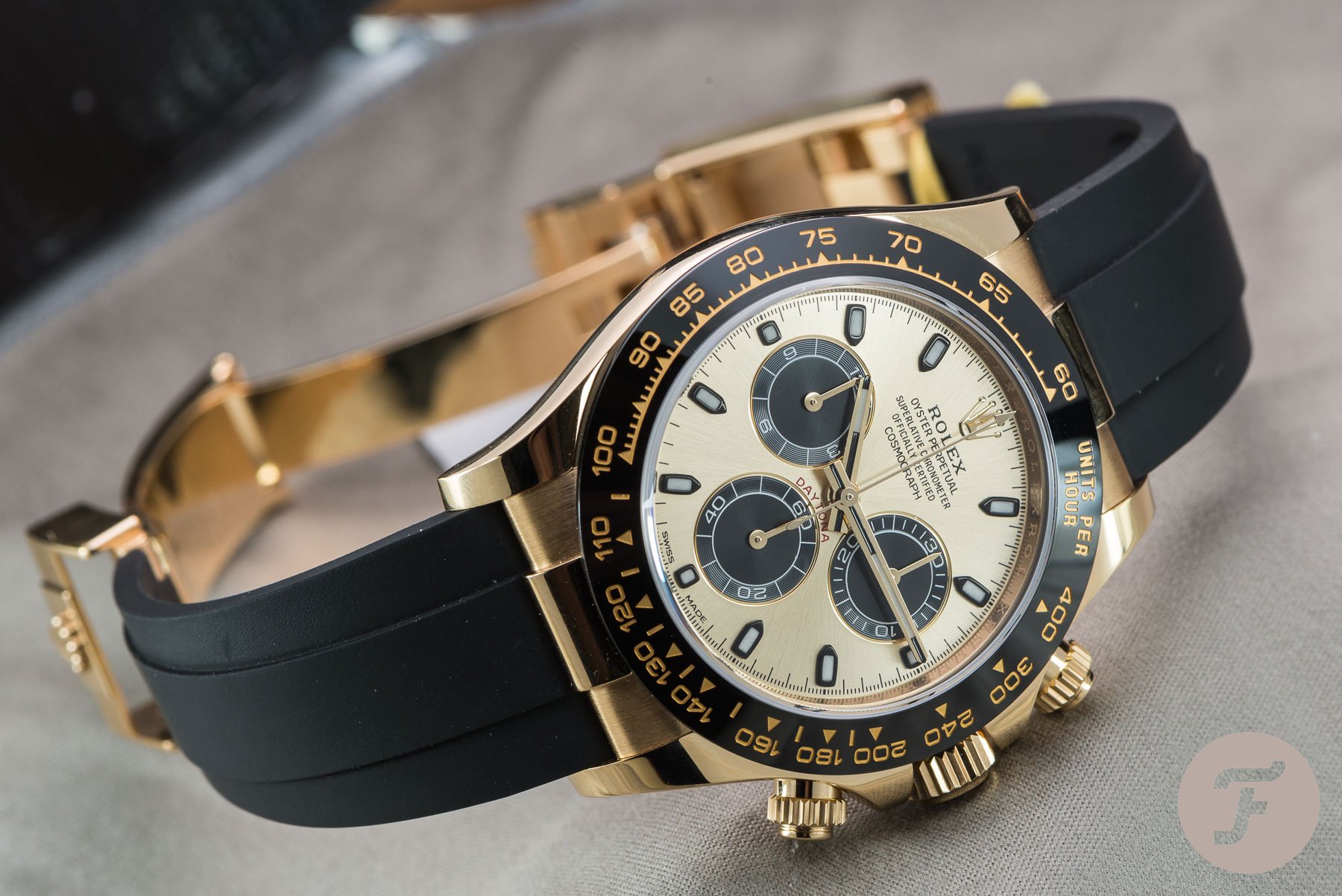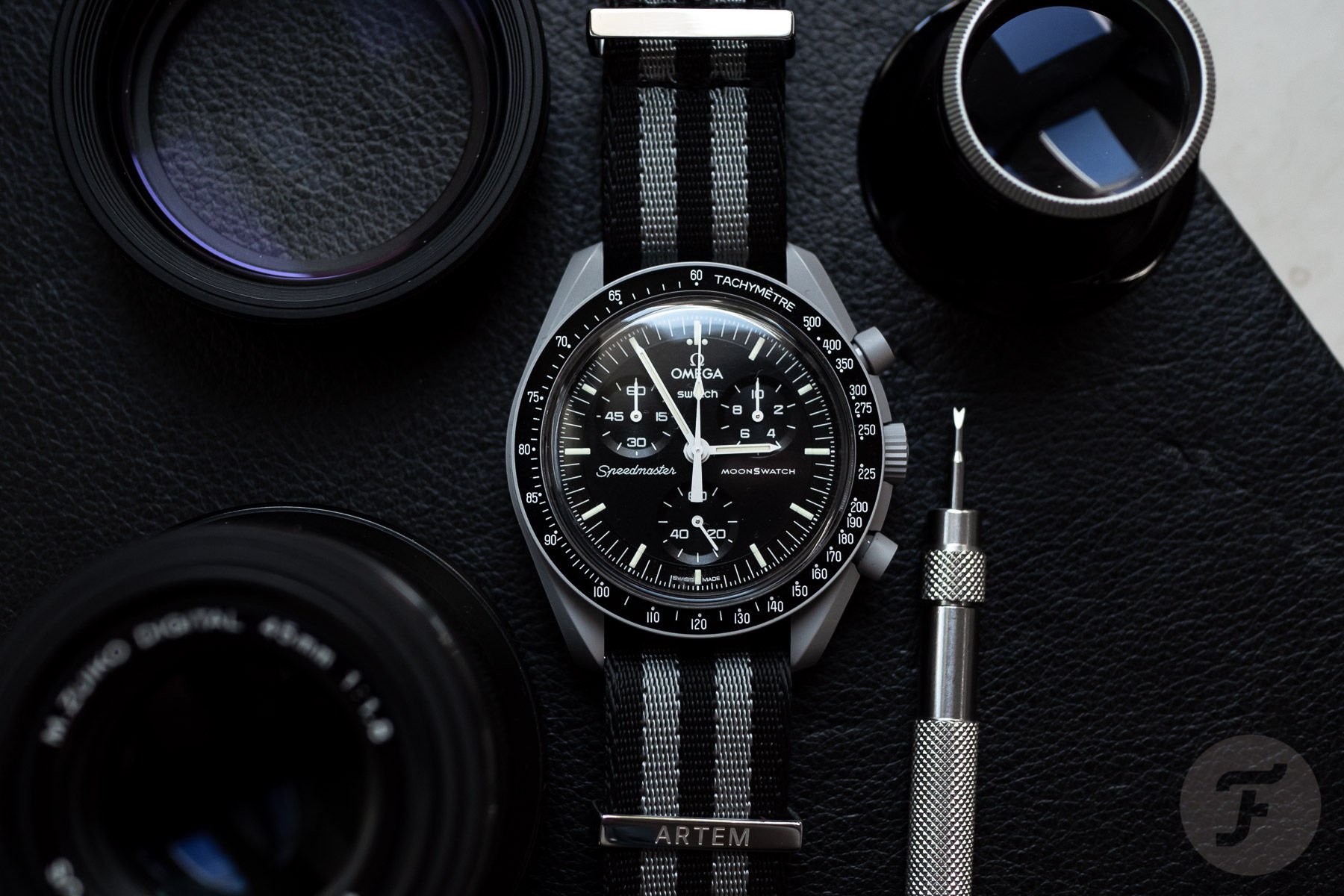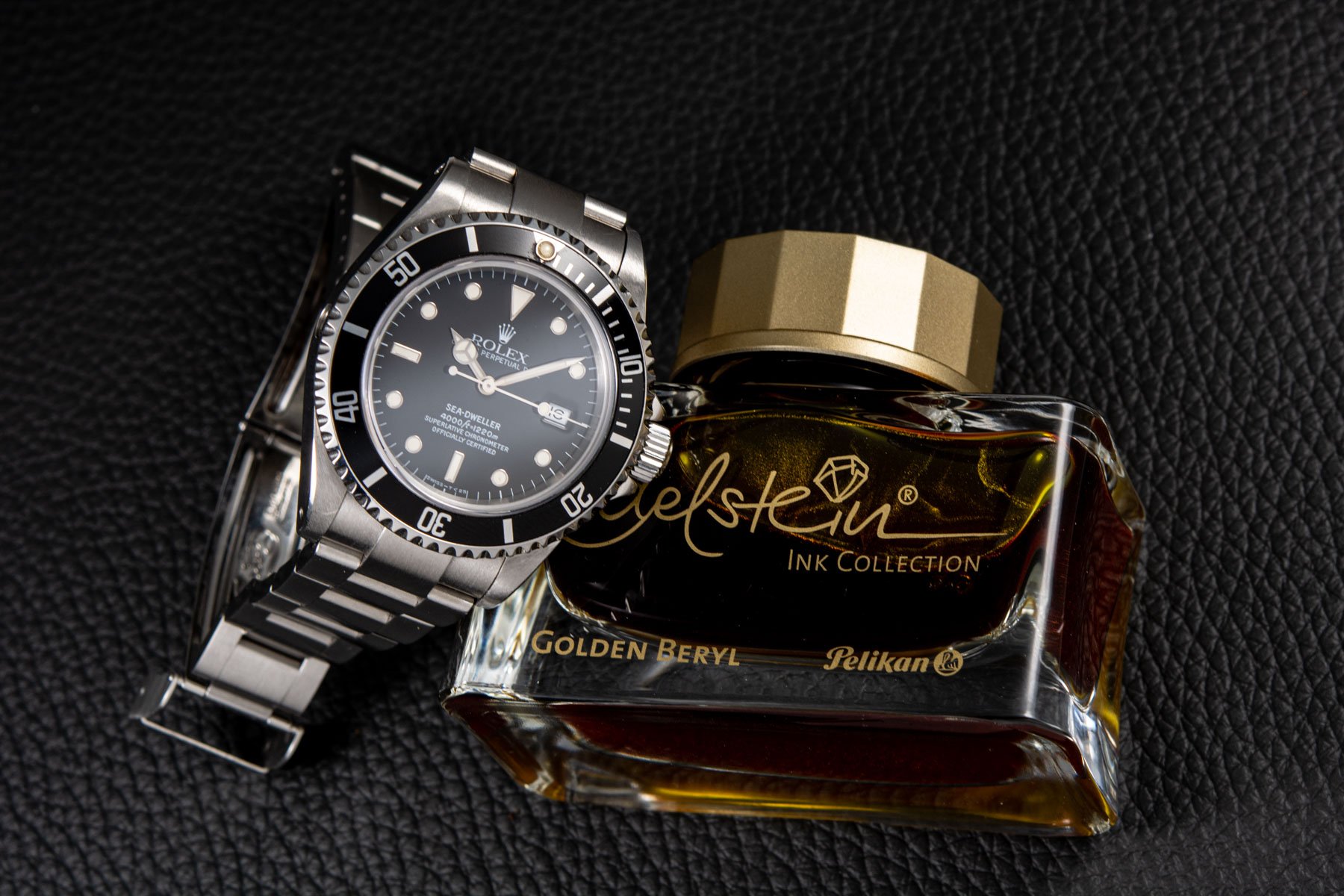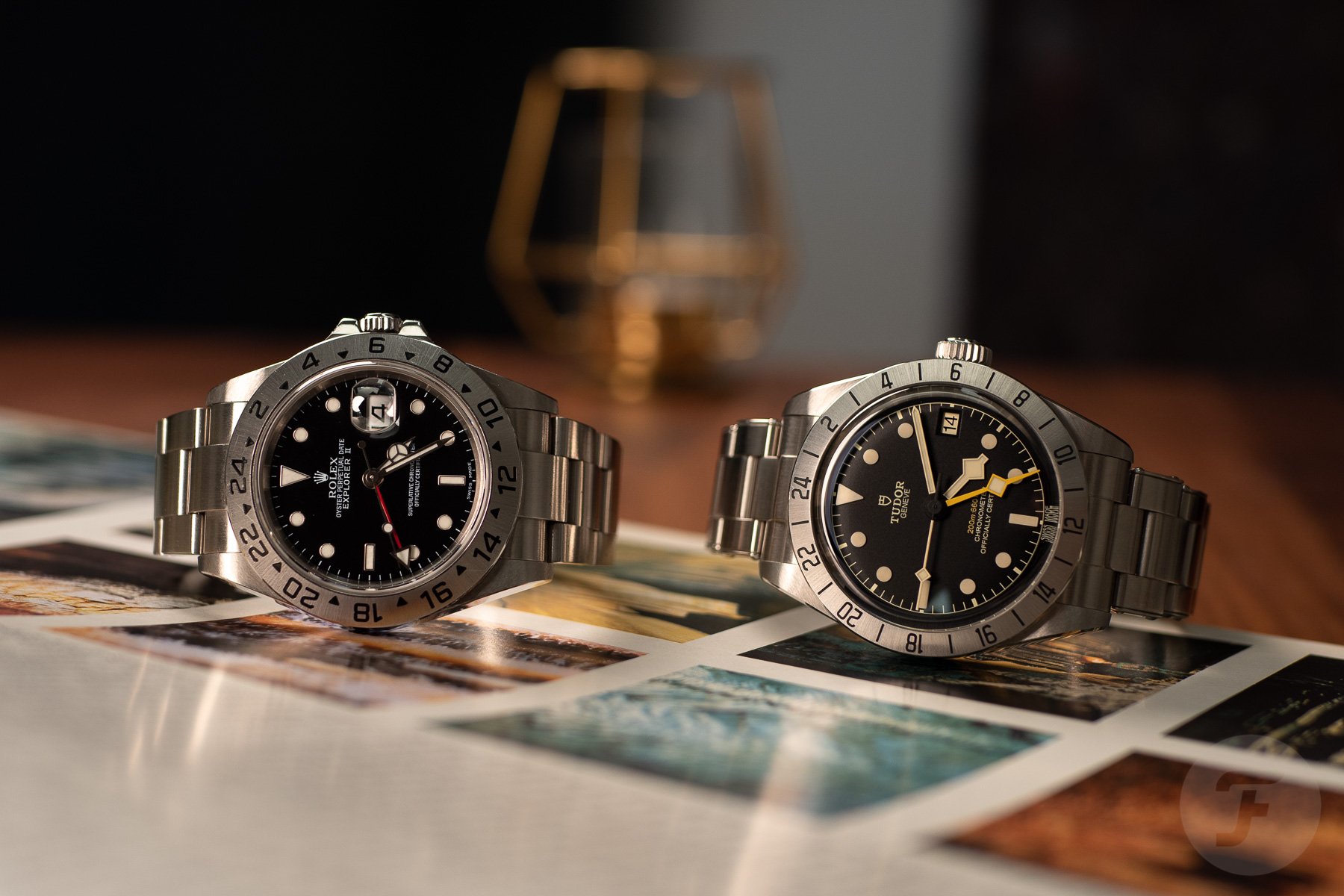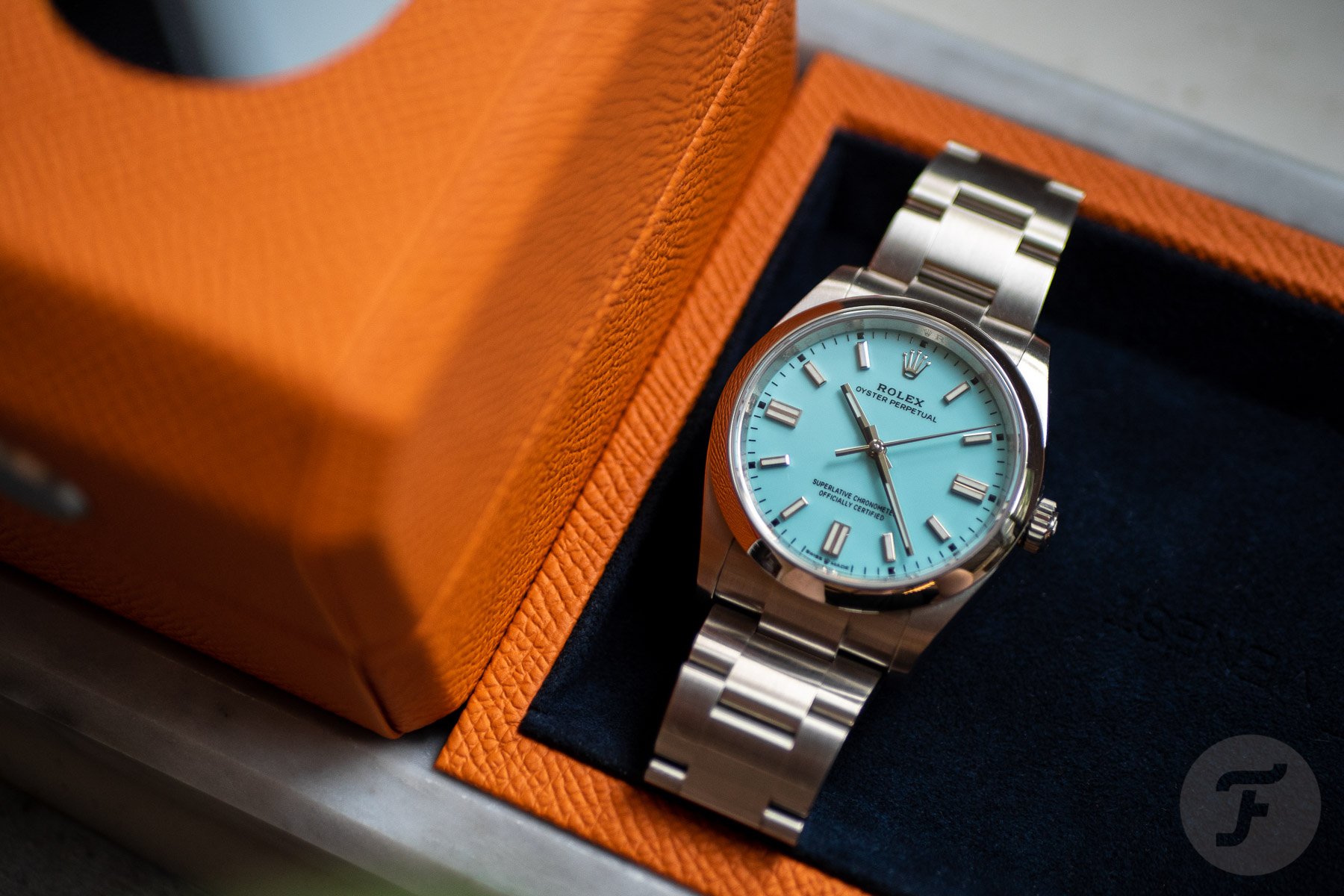Why Investing In Watches Hurts… And Helps
These days, whether we like it or not, watches are hot property for their investment potential. With negative interest rates, a growing interest in vintage products, and the ever-present wish to increase personal wealth, making money with watches has become an understandable choice. Nevertheless, this investing is an activity that a portion of the watch-collecting community does not support. But we can hardly blame investors for wanting to make money, or can we? Time to reflect on the Gordon Gekko mentality and its effects on our watch-collecting journeys.
In late 2019, I had an interesting talk with a serious watch collector at the last Speedy Tuesday event of the year in Biel. We were discussing our favorite vintage models from different brands. It obviously started with Speedmasters, and we also touched upon Rolex. But we only did so briefly because the main topic wasn’t the Explorer II “Freccione” that we both love (and he owns). What he said instead was interesting: “I am not interested in Rolex anymore because it has become currency. And I am not interested in watches as currency.” It was an interesting thought. As a watch enthusiast first and foremost, I do not tend to think that watches are currency. Nevertheless, there was some truth in his words.
Investing brings a change in mentality
While I had never thought of watches as currency up until that point, I wasn’t blind to the obvious trend that was in full swing. It has been hard to deny that the topic of money and investing has dominated the discussions about watches in the last 3–5 years. Seeing watches as currency, however, is one step beyond that. And if you talk to the other Fratello team members, they also do not approach the world of watches in that way. Neither would we want to. We have nothing against making money with watches. If you’re smart in your decisions, buying the right watches will allow you to get access to other much-desired watches in a higher price bracket. This has been part of watch collecting ever since the beginning.
But there is a clear discrepancy between speculating on price increases and the deeply rooted passion for watches. Unless, of course, your passion is not for the watches themselves but for making money with them instead. Watches have become sought-after moneymakers like real estate, art, cars, wine, whisky, and other collectibles. People are willing to spend sums of money on watches that we have never witnessed before. And with double-digit annual returns on watch investments, you can’t blame the people that do. As such, it has become an integral part of the watch universe. I think as watch enthusiasts, we had to adapt to this new phenomenon. Words like passion and integrity are quickly lost in the mechanism of speculating for profits. But does that make it a bad thing? Or can high prices help you as an enthusiast?
The market price is the real price
Someone recently posted a comment on Fratello stating that the real price of a watch is the market price, not the MSRP. That’s another interesting take. Indeed it’s a take that is hard to deny if you can’t buy a watch for the list price anyway. As watch journalists, we are used to working with MSRP as these are the prices at which new watches become available from brands. But the reality is that the market prices are something we deal with a lot more regularly as watch fans and collectors. Sometimes, you actually buy a watch at its list price, but more often, we pay the market value of the models we’re after. It’s an important part of the discussion.
I also saw that reflected in another comment I read on Fratello. In this instance, the resale value was a part of the discussion about which of the two watches was better. In our articles, a discussion like that is usually shaped by specs, stories, and a list price. But there is no denying that most of us will have a look at the resale value of a watch. The market value has simply become a part of the equation. This is where a relevant question arises: do speculators make your life tougher as a collector, or can also benefit from it? If you buy more than you sell, you are probably not happy with investors entering the watch universe. But if you can use the increased prices to make a profit and expand your collection, it’s definitely an opportunity to take.
An inescapable truth
Don’t get me wrong. I greatly appreciate passion and integrity as part of the world around me. This includes, of course, the world of watches. Passion is a common ground for a lot of watch collectors. The love for watches, their stories, and the people and brands behind them is often the start of a good conversation. In those scenarios, prices are less relevant. But in a world of luxury products, prices have always been part of the discussion. Perhaps there was once a lesser focus on them, but market prices have always had some kind of influence on the timepieces that you would like to buy or sell as a collector. It’s really that simple.
Granted, watch collecting is often more about buying than about selling. As such, rising prices as a result of people investing in watches for nothing more than their potential value can be annoying. I know this all too well. As some of you will know, the Rolex Sea-Dweller ref. 16600 has a special place in my heart. While there are quite a few Rolex references that I would love to add to my collection, this is the one Rolex that is the highest on my list. But as Michael Stockton explained, the Sea-Dweller ref. 16600 has become unaffordable. And even though prices for many Rolex models recently have taken a plunge, the prices for the five-digit Submariner and Sea-Dweller have hardly been affected and are steadily on the rise. As a result, they are on the edge of what I am willing to pay.
A missed boat… or a new opportunity?
In the end, I will have to dig deep and decide if the Sea-Dweller is worth it for me. If the price exceeds my passion, there are always alternatives. After all, this is not about money or bragging rights. But who knows? Maybe I’ll profit from another watch’s investment potential, and that could help me get the Sea-Dweller. Essentially, those are the two sides to this story. One side is the feeling that the focus on quick financial gains has driven the prices for some Rolex, Omega, Audemars Piguet, and Patek Philippe models up to ridiculous levels. The associations that come with this are not to everyone’s liking. Hype, quick wins, show-off potential, and watches as currency are very much related to that trend.
But the flip side is that we might benefit from the price increases. They could help us expand our own collections or allow us to afford watches that we could have never attained before. They could also allow us to use watches as actual currency in case we need to buy something important in “real life”. So now I want to pass the question to you. What are your thoughts on investors and speculators as part of the watch community? Are they hindering nuisances, or can they help us in the end? And additionally, have they changed your view on collecting watches? Please let us know your thoughts on this topic in the comments. We would love to know where you stand on this. In the meantime, I might need to look into bumping the Sea-Dweller up a few notches on my wishlist.
Find and follow me at Jorg Weppelink • Instagram.

